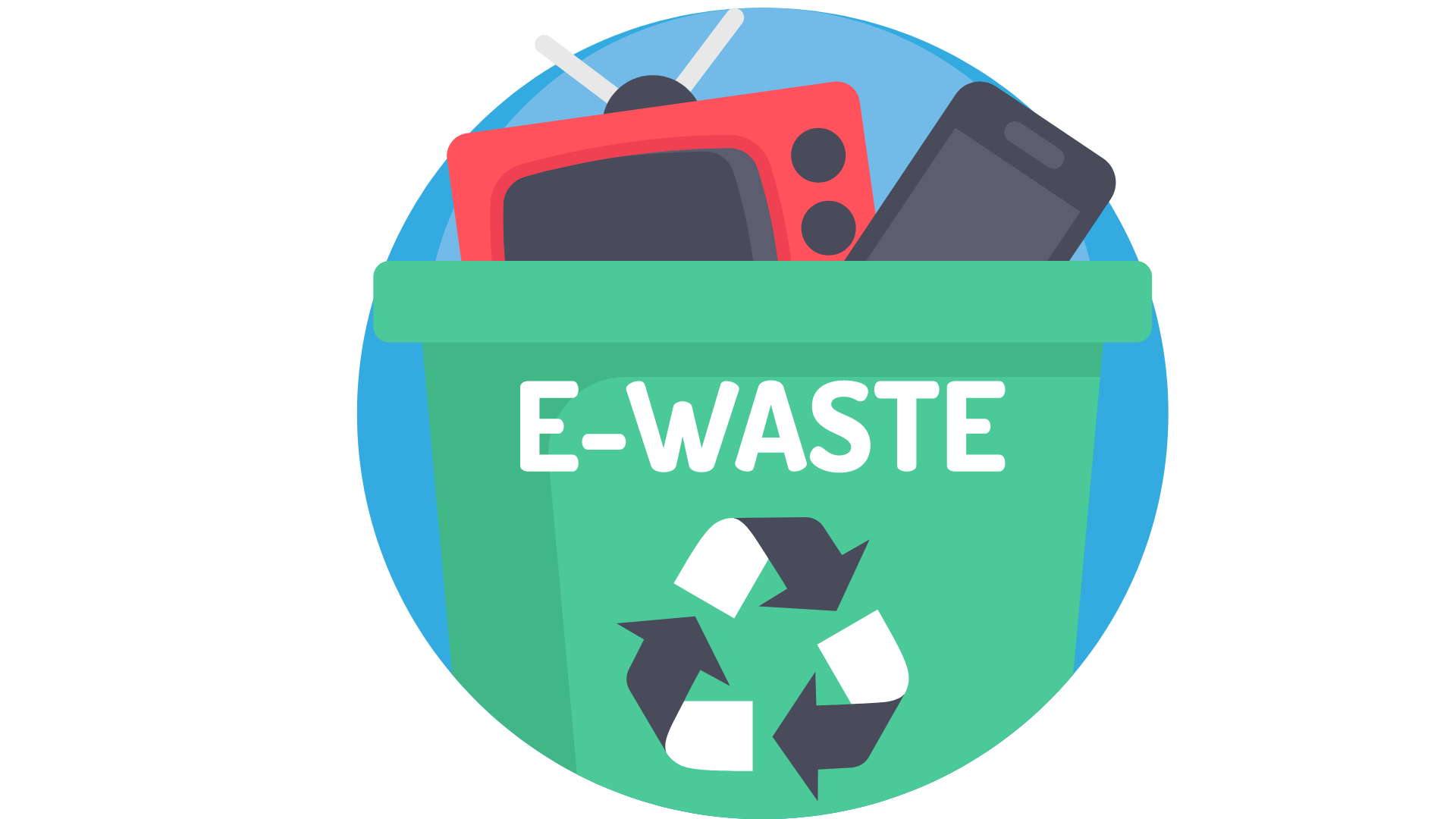Waste from Electrical and Electronic Equipment - a jungle
If someone produces and/or imports and/or remote sells within the EU any product that contains just a bit of electrical or electronic parts, then that someone is in all probability subject to the EU's Waste from Electrical and Electronic Equipment Directive, in common parlance somewhat unfortunately called the "WEEE Directive".

The WEEE Directive
- is large;
- wide-ranging;
- very detailed;
- contains a number of long lists of products and materials that are covered or exempt;
- ties into a number of other EU regulations on the use and disposal of hazardous materials, transport of hazardous materials across borders etc.; and
- prescribes a number of sanctions in the event of transgression
Take a look at a short animation we have made on the subject of WEEE below
The complexity of this regulation is not reduced by the fact that it is to be implemented by way of national legislation in the individual member countries. Additionally, the WEEE Directive and a number of other regulations are being adjusted at the EU level to further strengthen the circularity of the system and increasing the sanctions available in the event of transgression. The WEEE system is thus in the process of further enlargement and tightening in the near future.
Handling electrical and electronic equipment is an unavoidable part of recycling ships and many other asset types, and so forms an important part of what we at Renable have set out to master. So we have applied ourselves to understand all of the theory and practice of the WEEE Directive, particularly (for obvious reasons) in a Danish context.
We think that the knowledge we have gained in this process will be of use to others, and today we are therefore launching a consultancy service on the application of the WEEE Directive in a Danish context. Take a look at our WEEE page here and see if we may be of assistance to you. You will be surprised at just how many types of equipment are covered by the WEEE Directive, and we have certainly been surprised to discover during our research just how many companies that clearly are subject to the WEEE Directive but do not seem to know it.